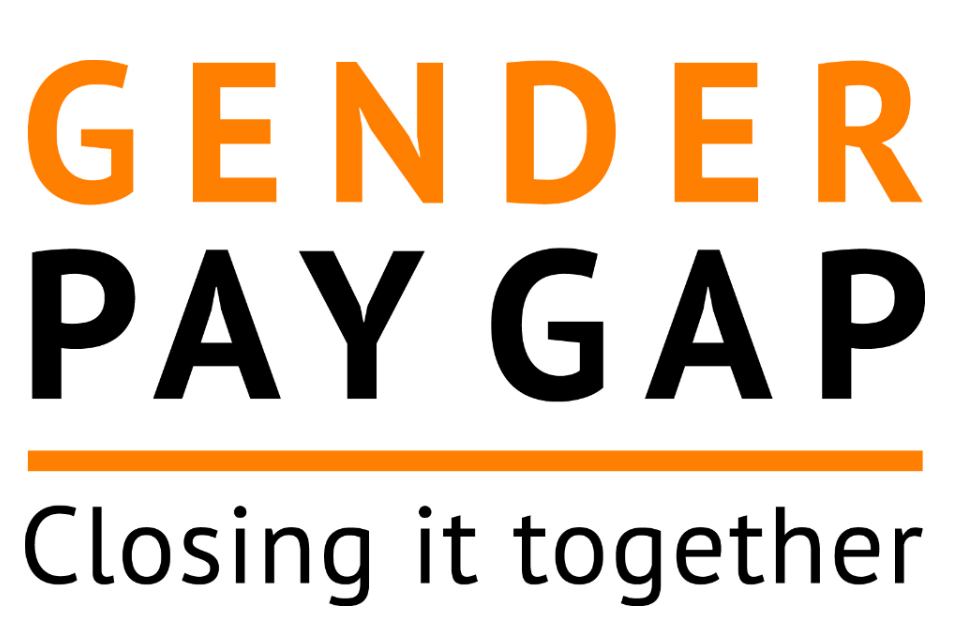The College is committed to pursuing a policy of Diversity, Equality, Wellbeing & Inclusion (DEWI) for all applicants, students and staff.
We offer a variety of family friendly policies, encouraging flexibility of working hours, location and job roles, including part-time, term-time only, and compressed hours as well as offering generous maternity, adoption, shared maternity and paternity leave allowances and support.
We continually review employment practices to ensure all applicants receive full and fair consideration for all types of vacancies, as well as for training, career development and promotion opportunities.
The College encourages interaction and support in relation to LGBTQI+, including student groups and Pride marches, as well as inclusion and awareness of Trans and gender reassignment issues during regular tutorial sessions with students.
The College is fully compliant with equality legislation and fulfils its general and specific duties. Senior leaders and managers are highly committed at all levels to provide a learning environment and commitment that meets the needs of all groups of students. The College has continued to work with and signed up to the new charters and commitments in our quest to encourage the diversity of our workforce. Click on one of the logos below to find out more:-
-
Committed to providing the support and resources necessary to ensure every individual can succeed
This accreditation highlights our dedication to ensuring that everyone, regardless of their abilities, can thrive in our community. Whether it's through accessible facilities, inclusive teaching, or tailored support services, we are committed to making sure that every member of our college feels empowered and valued.
It reflects our values and the work we do every day to foster an environment where diversity and inclusion are at the heart of our mission.
-
Demonstrating our commitment to better mental health at work
As an employer we recognise that in the UK, people experiencing mental ill health continue to report stigma and discrimination at work. Having signed the ‘Charter for Employers Positive about Mental Health’, we are committed to creating a supportive and open culture, where colleagues feel able to talk about mental health confidently, and aspire to appropriately support the mental wellbeing of all staff.
As an employer, we have made an on-going commitment to:
- Provide non-judgemental and proactive support to staff experiencing mental ill health.
- Not make assumptions about a person with a mental health condition and their ability to work.
- Be positive and enabling towards all employees and job applicants with a mental health condition.
- Support line managers in managing mental health in the workplace.
- Ensure we are fair in the recruitment of new staff in accordance with the Equality Act (2010).
- Make it clear that people who have experienced mental ill health will not be discriminated against,
- and that disclosure of a mental health problem will enable both the employee and employer to
- assess and provide the right level of support or adjustment
-
Promising that every person battling terminal conditions deserves the choice of how to spend their final months
-
Protecting employees who come to work with natural hair and protective hairstyles associated with their racial, ethnic, and cultural identities
The College champions the right of staff to embrace all Afro-hairstyles. We acknowledge that Afro-textured hair is an important part of our Black employees’ and students, racial, ethnic, cultural, and religious identities, and requires specific styling for hair health and maintenance.
We celebrate Afro-textured hair worn in all styles including, but not limited to, afros, locs, twists, braids, cornrows, fades, hair straightened through the application of heat or chemicals, weaves, wigs, headscarves, and wraps.
In the College, we recognise and celebrate unique identities. We encourage an ethos of equality and respect where hair texture and style have no bearing on an employees ability to succeed.
Notes
Race-based hair discrimination is illegal under the Equalities Act 2010. Workplaces have the right to enforce a dress code as long as it is fair and does not unduly discriminate against any staff. Policies and practices that prohibit hairstyles which are primarily used to maintain Afro-textured hair can lead to indirect discrimination.
The Halo Code focuses on hair textures and styles most commonly associated with the Black community. The term Black has historically been used as a racial and political label. Here, we use it to refer to members of the African diaspora, including those with mixed heritage, who as a result of their ancestry have Afro-textured hair.
The Halo Code is a gender neutral policy.
In order to embody the sprit of The Halo Code, all staff are encouraged to familiarise themselves with different Afro-textured hairstyles and their cultural significance, and to avoid labelling Afro-textured hair with terms such as messy, unprofessional, or inappropriate.
The Halo Code does not prevent the College from issuing additional guidance around Afro-texture hair and protective styles if applied consistently across all students and staff, including:
- That durags may be worn which are plain black.
- That hair be tied up for health and safety reasons, such as during sports, science labs, or to avoid trip hazards.
About the Halo Collectives
We are an alliance of organisations and individuals working to create a future without hair discrimination, founded by young Black organisers from The Advocacy Academy.
Race-based hair discrimination has been illegal in the UK since the the Equalities Act became law in 2010, and yet it still happens all the time.
For too long, Black people have been told that our hair textures and hairstyles are inappropriate, unattractive, and unprofessional. We’ve been suspended from school, held back in our careers, and made to feel inferior by racist policies and attitudes.
Together, we are fighting for the protection and celebration of Black hair and hairstyles. -
Committing to improving the experiences of disabled customers. #ThumbsUp for #PurpleTuesday
Buckinghamshire College Group is proud to be participating in Purple Tuesday 2021, driving positive change to the customer experience for disabled people and their families. We invite all our disabled customers to join us in celebration 2nd November by sharing your #ThumbsUp for #PurpleTuesday photos or videos on social media.
We have worked hard to improve our website accessibility as part of #PurpleTuesday -changing the customer experience for disabled people.
-
The College adopts IHRA’s working definition of anti-semitism
Buckinghamshire College Group is committed to promoting and positively encouraging open debate, enquiry, constructive comments and even protest. This means the College will tolerate a wide range of views, political as well as academic, even when they are unpopular, controversial or provocative. The College will however, always take firm and decisive action against anyone demonstrating any form of hate crime, including antisemitism, Islamophobia.
Gender Pay Reporting
Gender pay reporting legislation requires employers with 250 or more employees to publish statutory calculations every year showing how large the pay gap is between their male and female employees. The gender pay gap shows the difference in the average pay between all men and women in a workforce.
Read our full Gender Pay Report 2025
Read our full Diversity, Equality, Wellbeing & Inclusion policy




















